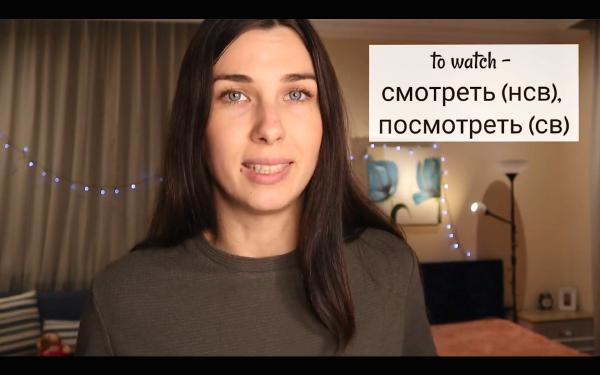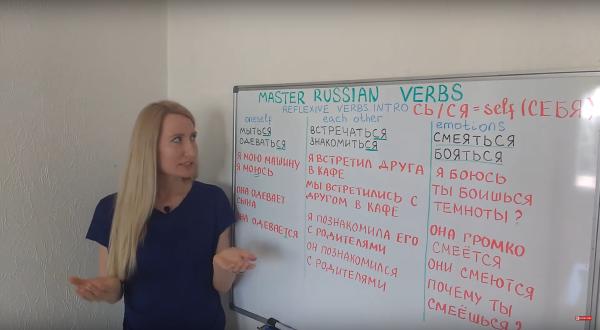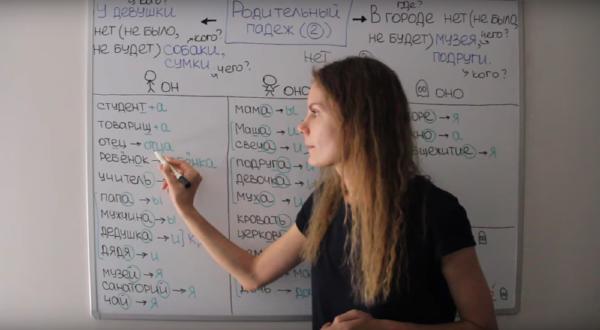SIXTH NOUN: LOCATIVE/PREPOSITIONAL
Language
The sixth noun, in Russian предложный падеж, is for most students the first one they learn. The reason is simple: the sixth grammatical case itself is.
Perfective and imperfective
Language
This often comes as a setback for students of Russian: of (almost) every Russian verb there are two. Which do mean approximately the same thing, but express very different things. So you need to know both, and of both learn the conjugations.
Verbs that relate to oneself are called
reflexive verbs, in English “reflexive verbs,” and in Russian возвратные глаголы. Reflexive verbs often involve a “zich” (oneself) in Dutch; in Russian, this “self” is represented by the suffix -ся at the end of the verb. For example, мыть means to wash, and мыться means to wash oneself (or yourself).
Second Case: Genitive
Language
As easy as it was with the
first case, it becomes that much more complicated with the second. The genitive or родительный падеж is challenging in several areas. It is the most used and versatile, but also the most complex.





